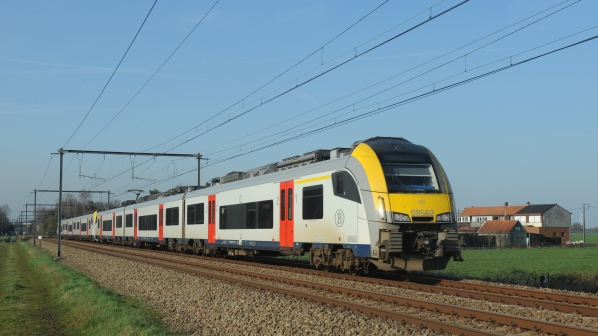The operator will also be allowed more freedom to set fares, and will receive an increased budget to both offset the effects of the Covid-19 pandemic and meet the requirements outlined in a new management contract that is due to be signed by the government and SNCB.
Under the proposed contract, SNCB will undertake steps to prepare for the liberalisation of the Belgian network. This includes the introduction of a bonus-penalty system, new quality targets with key performance indicators to measure comfort and punctuality, and extended operation with late evening and night services.
The plan would also see Belgium become a centre for international high-speed services, with improved connections from neighbouring countries to Brussels Zaventem airport and better night train services. Knowledge and experience from the commercial sector would be introduced to support the operator prepare for liberalisation and the introduction of more commercial operation.
The government, which came into effect from October 1, is formed of seven parties. The new minister for mobility, Mr Georges Gilkinet, a member of the Ecolo green party, is responsible for the Belgian rail network and SNCB.
The new federal government is also considering launching public transport pilot projects in Flanders and Wallonia to test cooperation between the regions and SNCB.

